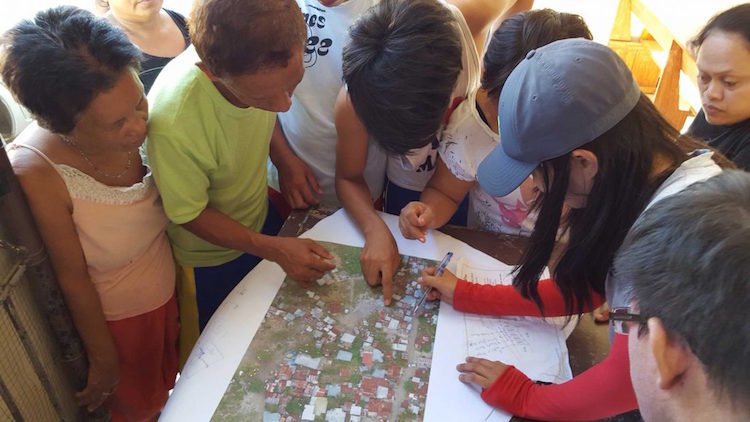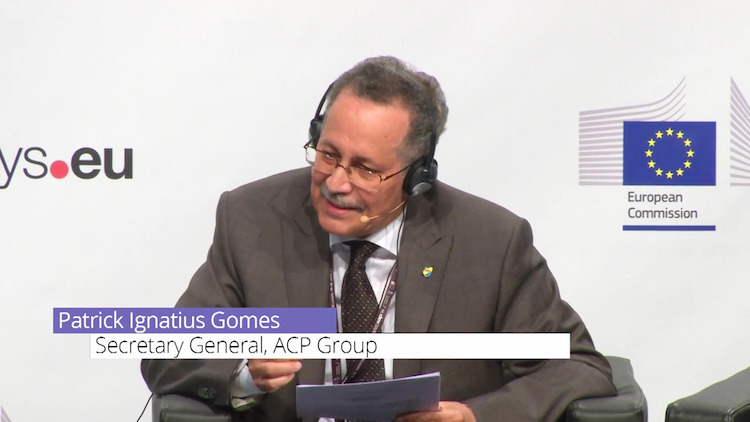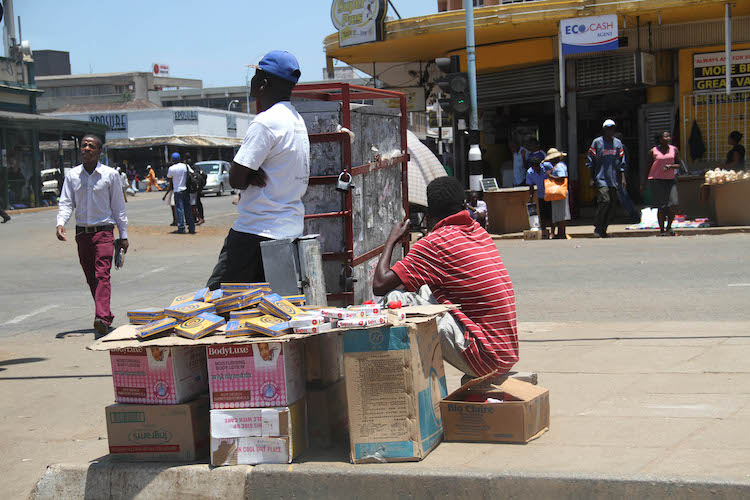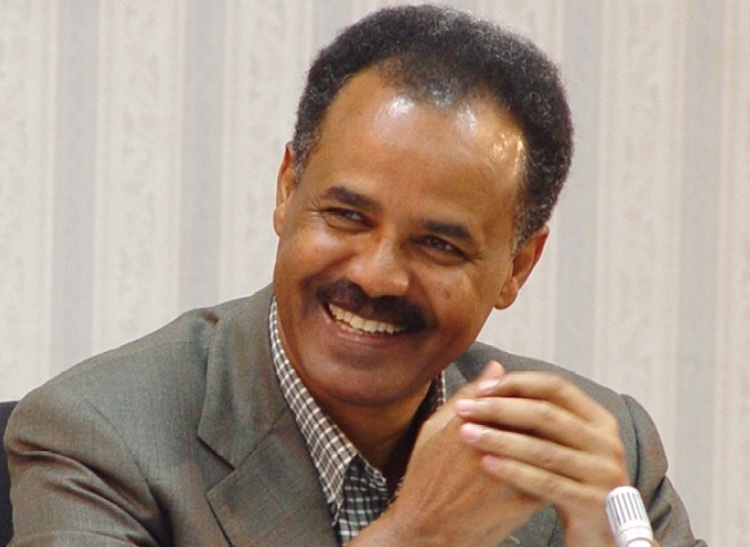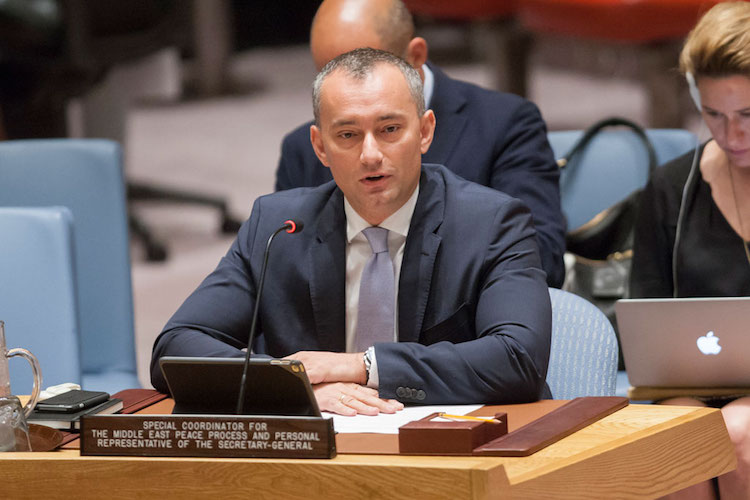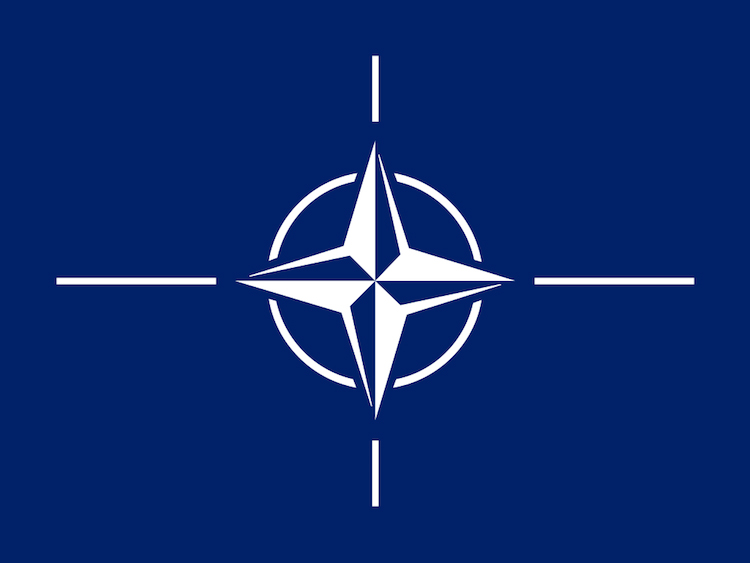Viewpoint by Jonathan Power
LUND, Sweden (IDN-INPS) – After Hitler’s Final Solution – the elimination of the Jews – came Cambodia’s Khmer Rouge and the murder of two million of the country’s people. After that came Rwanda when at least a million of the Tutsi people were slaughtered en masse by the Hutus. More recently we have seen large-scale killing in Sudan and now in Syria. The latter two can’t be called “genocide” – the attempt to totally eliminate a people – but the first three certainly were.
However bad that sounds the evidence is, whether it be genocide or mass slaughter, there has been significantly less of it during the last 50 years, despite the fact that most of us recall the horrors – thanks to the TV news producers’ mantra “if it bleeds it leads” – not the steady lessening of its frequency.


